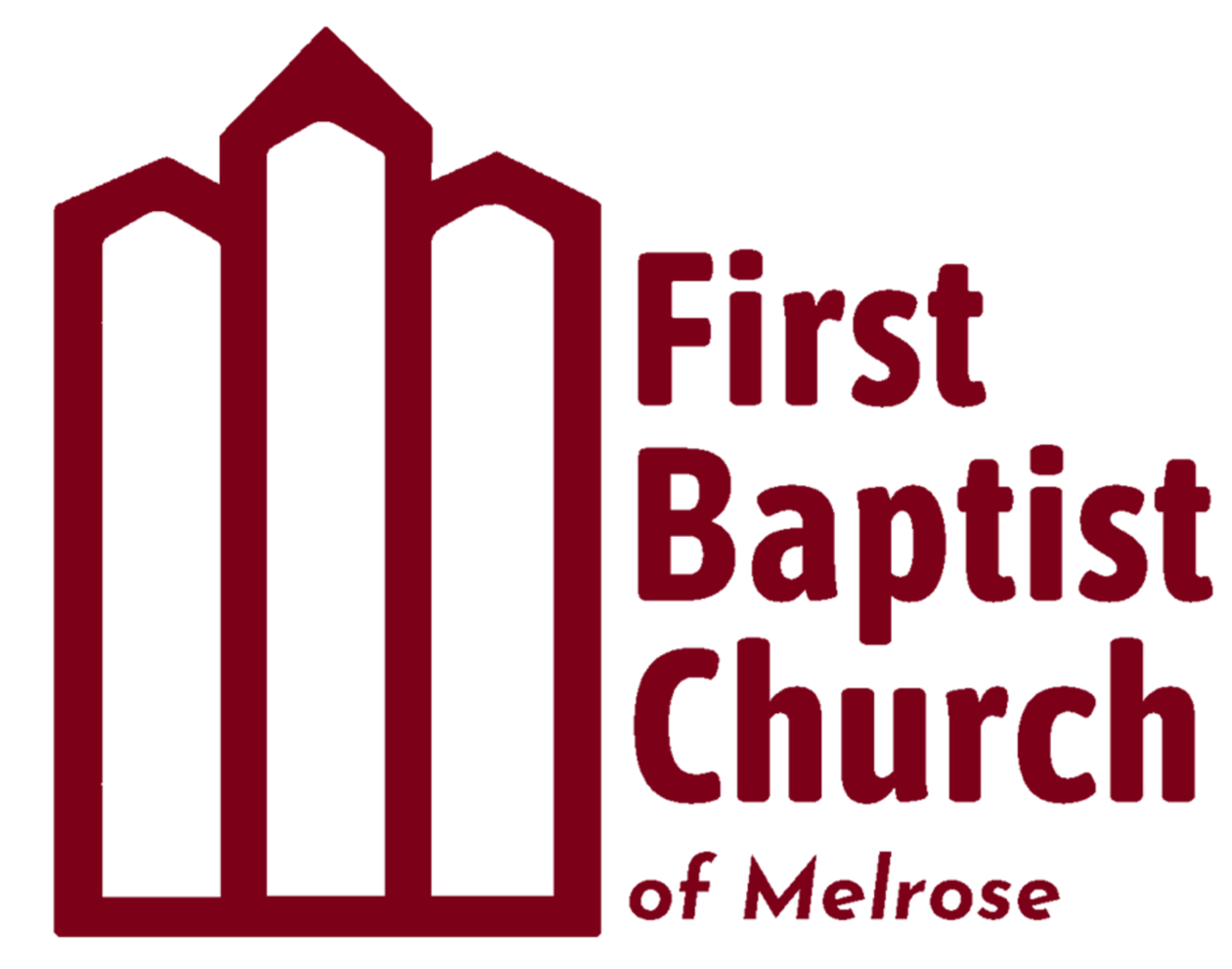The Lord is My Banner
The Book of Exodus (17.8-15) recounts an event when the Israelites are just beginning their trek toward the Promised Land. Fighters from Amalek attacked the people, which prompts Moses to respond: “Joshua, choose some of our men and go out to fight the Amalekites. Tomorrow I will stand on top of the hill with the staff of God in my hands.” Joshua followed directions and engaged the Amalekites in battle. Moses watched from a nearby hill. When his hands were raised, the Israelites prevailed, but once they dipped, their enemy became stronger. Needless to say, Moses’ arms grew weary, so a plan was developed: Moses sat upon a rock while Aaron and Hur both supported an arm. Accordingly, Joshua and Israelites, with sword in hand, prevailed in battle.
A question emerges: who receives credit for this victory?
Moses? While he did give the initial orders, his contribution was sitting on rock and allowing his arms to be supported.
Aaron and Hur? Until they intervened, the Israelites were losing, but their contribution is limited to lifting Moses’ arms.
Joshua? Granted, he led the army, but the scriptures make no reference to him slaying the entire Amalekite army. While leading is important, Joshua is no army-slaying superhuman phenom.
Israelites Soldiers? Admittedly, they actually wield the victorious swords, but the scriptures note nothing special about their efforts.
In the search for the victory’s credit, we find everyone relies upon the other. The fighting men prevailed under Joshua’s leadership, but victory only arrives when Moses’ arms are raised, which Aaron and Hur actually held aloft. Without each person playing their role, defeat awaited, but with everyone doing their part, victory arrives. Thus, this victory depends entirely upon their mutuality. Without the other, the whole would fail. And accordingly, their mutuality reveals the true sources of victory: The Lord God. Only via the Lord’s favor does triumph arrive. And then, by relying upon many people, of which none are the essential element, the credit flows toward God. The victory over Amalekites was the ultimate team effort, and the credit goes only to the team’s owner, general manager, and coach: The Lord God.
Following the battle, Moses builds an alter and called it The Lord is My Banner (Exodus 17.15). The banner harkens to an army’s standard – a flag declaring identification. When armies go out to battle, they fly their banner. Indeed, the Lord went to battle with the Israelites and identified with them. The banner also remembered the Amalekites defiance against God’s people, and God’s ongoing enmity with them. More importantly, the banner reminded the people of God’s victory over the Amalekites – much as a sport’s team displays a banner to remember their championship.
As a church, we want to hang some banners. We seek to identify with God and want God to identify with us. Further, we want to see the God’s victorious intervention. Just like the Israelites in this story, we have our parts to play – wielding swords, leading others, holding arms, and being supported. And also like the Israelites, we seek a victory that reveals our undeniable reliance upon God’s favor. And, again, just like the Israelites, we know such victory will results from a team effort that elevates the team but not the individual contributors. Can we get there? Can we hang some banners? Absolutely, with God help.
